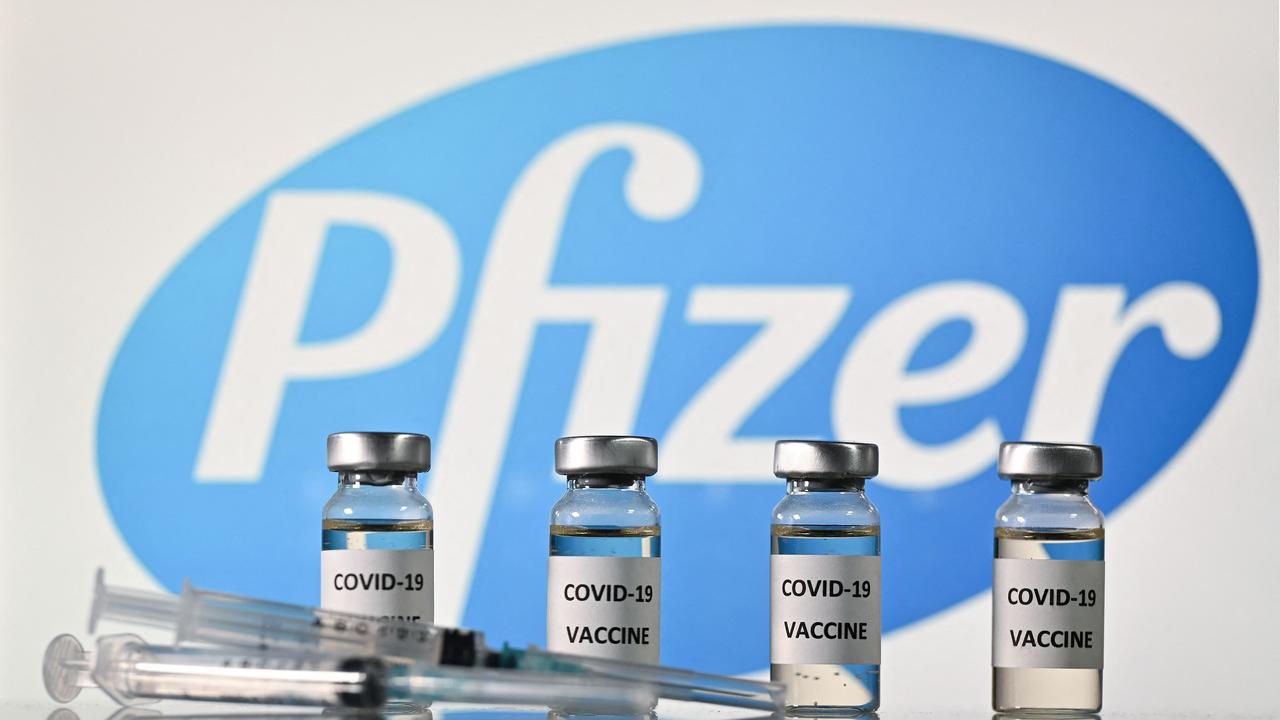A startup company has developed an app called ResApp that diagnoses COVID through an app that listens for the sound of a cough, and Pfizer wants to own it.
In this April 12, 2022 article for News.Com.Au, Noah Yim reports that Pfizer has agreed to purchase ResApp at $0.115 per stock, which totals $100 million. The deal has not yet been finalized but ResApp CEO Tony Keating has given his endorsement of the deal to shareholders.
According to the report, the app’s algorithm has accurately predicted COVID-19 in 92% of infected people in a clinical trial of 741 patients, which puts its accuracy above many rapid test kits. Keating says that the app cannot entirely replace chemical tests, but explains, “if [the app] says ‘No’ and you don’t have Covid, you don’t have to do a [Rapid Antigen Test] RAT or a PCR test”.
Lidia Fonseca, Pfizer’s chief digital and technology officer says this of the acquisition: “This proposed acquisition and research collaboration add to our growing digital capabilities and bolster our efforts to pave a new era for digital health”.
Editor’s Note: It is clear that moving forward, new pandemics will be created through the development of new testing technologies that are unable to assess the true infectiousness and severity of a disease. They’ve done it for COVID, and they are bound to repeat it again [see FDA documents show no reference virus for RT-PCR tests, virus strain found in tests may not be the causative agent for COVID, New study shows one in three who are forced to quarantine were never contagious, New study proves that RT-PCR positivity should not be used as a measure of infectiousness, Sweden: PCR cannot be used for diagnosis, Manitoba Government Chief Microbiologist: 56% of positive “cases” are not infectious, but products of misleading RT-PCR tests, WHO lowers cycle thresholds for PCR tests, WHO finally admits the problem of PCR tests].
Whereas in the past we would laugh at people who used apps to self-diagnose, now that Big Pharma companies are investing in these apps, they will become mainstream. On one hand, it could enable people to take charge of their own health. On the other, it could lead people to panic over nothing. In both cases, however, it is Big Pharma that reaps the advantage.
Read Original Article
Read Online
Click the button below if you wish to read the article on the website where it was originally published.
Read Offline
Click the button below if you wish to read the article offline.
